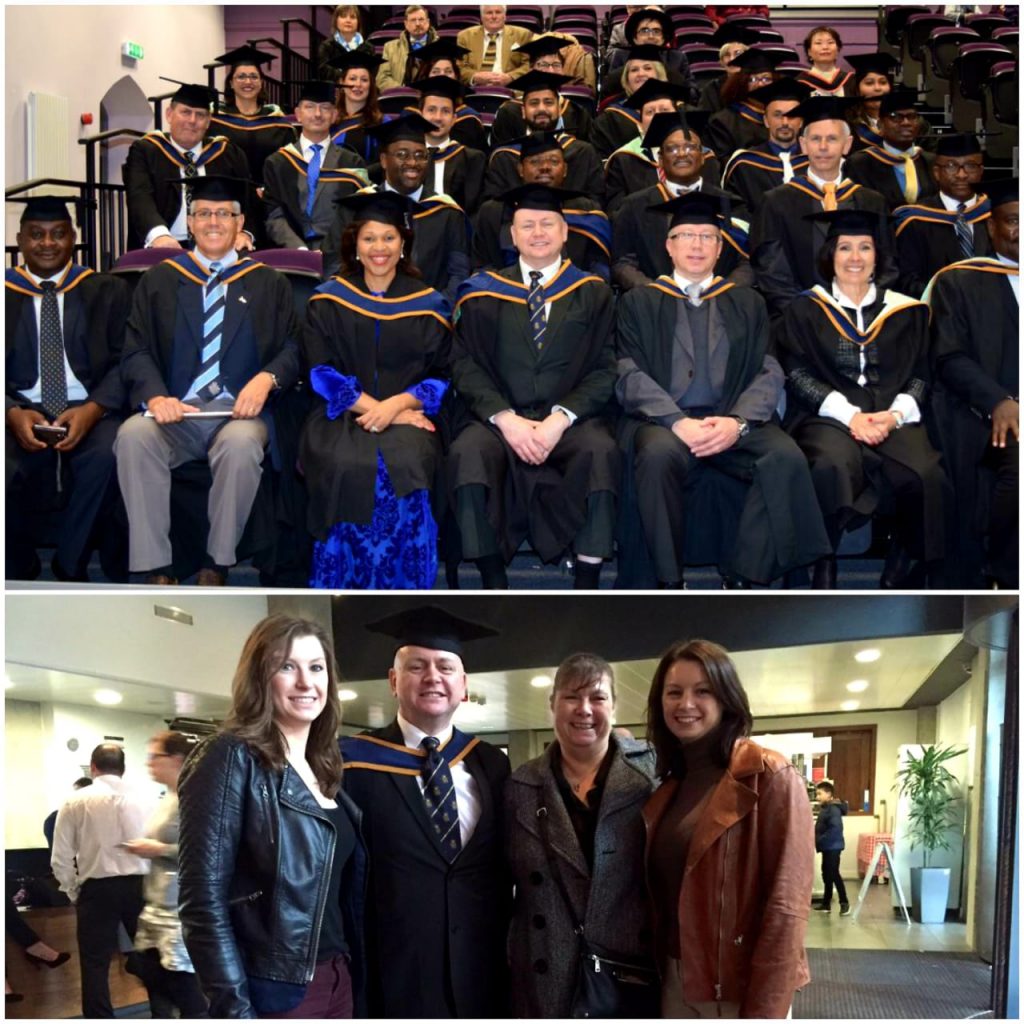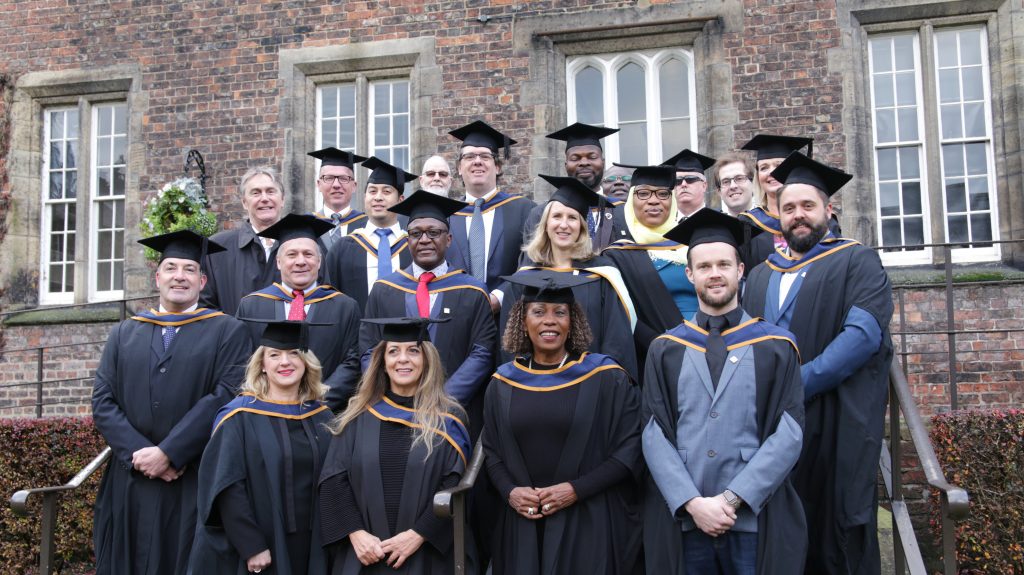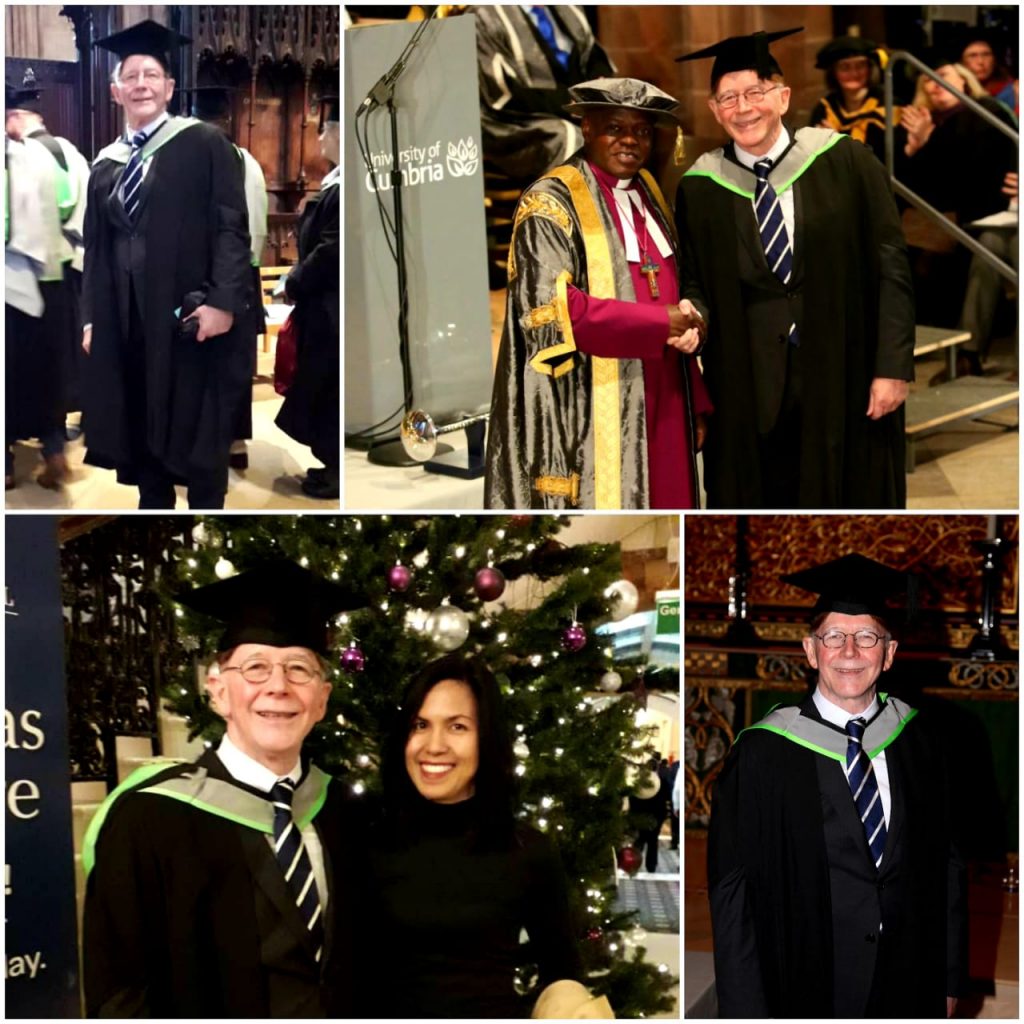University, for me at least, was a blast. I had loads of friends and every day was a party. I wish I were a better student than I was, but at the same time, I don’t think I would change any of my experiences. The friends I made then are pretty much the same friends I have today. Someone wiser than me once said that a good friend is the one who comes to bails you out of prison, but your best friend/brother is the one sitting next to you in jail saying, “dang! we are now in trouble”. These are the kind of friends I have today.
But in having this amazing experience in university I pushed studies to the background and would try and cram as much learning as I could a week (or a day) before the exams. But that never worked; I would get easily distracted, and what I did learn would slip right out of my mind the second I closed the book. Last-minute cramming sessions hardly ever work. Studying long hours, like everything else, is a skill that needs to be developed and fostered.
Learning to study long hours is especially important for mature students doing an online programme. Apart from the usual work pressures, there are also many other things around that demand our attention and can be an unavoidable distraction from studies. So, putting in the time when the opportunity arises, even if it is a marathon study session, can be very important, and learning to learn and retain during this time is critical.
But how does one go about studying for long periods? Here are 7 tips to get you started.
1. Break it down

Some of the study material you have to go through can get quite intimidating; there is just so much. This intimidation could lead to anxiety, which in turn could lead to your getting distracted, and finally, you will just end up procrastinating. Take a pen and paper and write down what you intend to achieve by the end of your study session, and then break it down to smaller targets that can be achieved. This list of achievable targets will be your guiding star; this will help you focus your efforts and concentrate on the micro picture, reducing overall stress.
2. Changing your frame of mind
Let’s face it; you will not come back from the office or a football game and get right into studying. Your mind is still at the office or at the game or whatever you were doing before getting to your studies. Give yourself some time to get into the right frame of mind, say 30 minutes. First, get rid of all distractions – tv, phone, tablets, etc., then use these 30 minutes to transition into a learning frame of mind – get your study set up, ensure all stationery required is on hand, eat something and keep drinking water close. Once everything is set up, just relax your mind – do some breathing exercises, listen to some calming music, or take a hot bath. And once the 30 minutes are done, get to studying!
3. Think positive

I know there are a thousand different things you’d rather be doing than studying. But this is what you must do to get ahead in your career, improve your knowledge, and earn that degree you always dreamt of having. So, keep thinking positive as you work towards your dreams, and don’t forget to celebrate the small victories.
4. Unscheduled breaks

AVOID unscheduled breaks! I get it; you have to take breaks but ensure that they are timed and scheduled. Don’t be tempted to check your phone or watch that match on tv in the middle of your study session. Once you get that ball rolling, it will just pick up speed, and the next thing you will be doing is studying during commercial breaks. Take the break when you schedule it and only for the duration it was planned for!
5. Study actively
Be engaged with what you are studying. Start reading the study material actively, making notes, asking questions about what you are reading, and answering them to better understand the subject. Don’t just read for the sake of reading; understand and learn by getting engaged with what you read.
6. Mix it up

While it is essential for you to have your own study space devoid of distractions, during an extended study session where studying can get physically tiring, you might get a few extra hours of learning done by changing your location. Try to keep distractions to a minimum, so maybe go out to a park or sit in your backyard, but if you end up in a café, make sure you take your noise-cancelling headphones with you.
7. End it
Once you are done with your marathon study session, end it. Close your books and maybe go right to bed, don’t think about studying anymore, this way you will be fresh and rested for your study session the next day.
These study habits, like everything else, must be cultivated and developed; it is not something that will work right off the bat. You get into a habit of long study sessions by repeating regularly. Start with one full day of studying every alternate week. If you have the time, do it weekly, and before you know it, this one day a week study session will help you get ahead of your class. But please do not neglect your regular study sessions; this is just a boost to give you an edge in class and help you cement what you learnt.
We would love to hear from you about what helped you with your long study sessions. Is an all-day-long study session something you would do?
If you are ready to start your online studies, chat LIVE on WhatsApp with one of our Education Advisors for more information on all the 100% online master’s degree programmes we offer and the application process.











